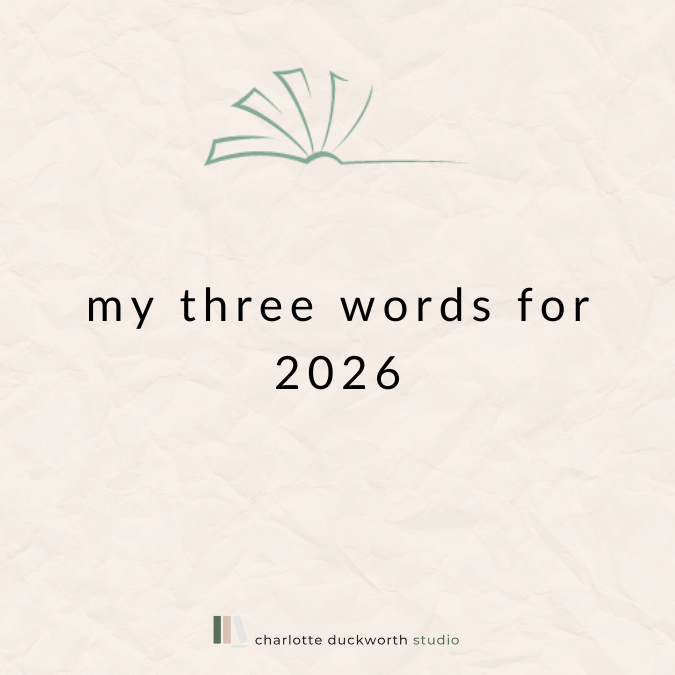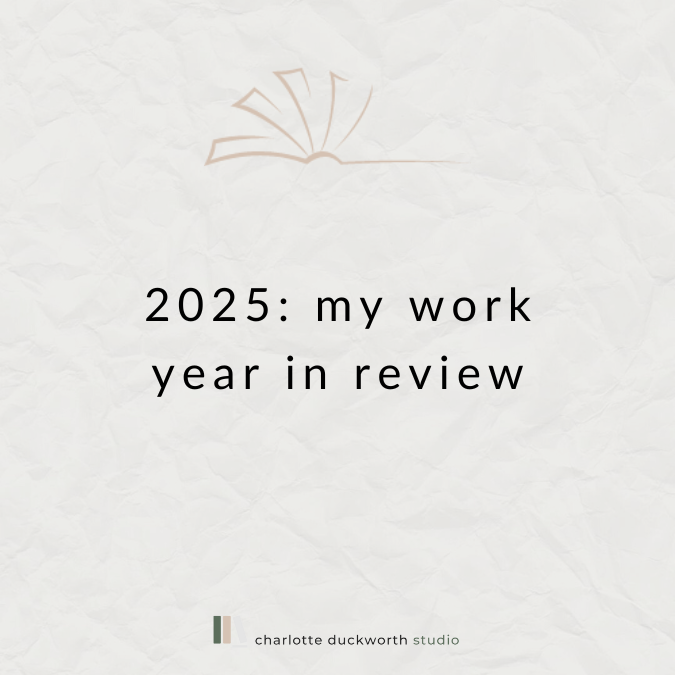30 things I've learnt from 5 years being published: no 2 – The size of your advance matters
September 6 2023 marks 5 years since my first book was released 😲
I’ve now published 6, and have 2 more under contract.
To celebrate, I’m sharing a new post about what I’ve learnt from being published EVERY DAY throughout the month. This post is part of that series!
Click here for the rest →
NB: in this post I don’t discuss the publishing model for digital publishers, who often don’t pay an advance at all, because in my opinion the two are not comparable. It’s more than possible to earn a lucrative living from a royalties-only, digital-first publisher, but I have no personal experience of that so will be focusing on ‘traditional’ publishing here.
The one thing we all dream of as an aspiring author is the day our agent calls us to tell us that we’ve received an offer from a publisher.
And if you’re anything like me, then you will have previously gorged yourself reading about six-figure advances online and you’ll be hoping that your book is one of the chosen ones and that you’ll soon be among those lucky authors.
But the truth is, the likelihood of being one of those six-figure, superleaders is quite slim.
Sorry, I hate to be the one to tell you this!
More likely your advance is going to be modest. It’ll be so modest perhaps, that you’ll question whether, once you work it out, you’re being paid more than the minimum wage (spoiler alert: you aren’t, but you can’t think of writing in the same way as you would another job, because it doesn’t work like that - you’re not exchanging money for time spent writing, you’re exchanging time spent writing for a lottery ticket and a little bit of cash to tide you over).
But once you’ve come to terms with your modest advance and accepted that it’s actually pretty normal and OK, there’s something else you need to realise...
Did I mention that not all the things I’ve learnt about publishing were positive?
I really want to be honest in these posts and share the truth with you because I think there are so many false ideas floating around about life as an author, and most especially with regards to author income.
Even though most authors I know bang on and on about how little we get paid, still, the myth persists that we are all rolling in money and buying yachts and eating caviar with every meal (not that I would want to do this even if could afford it - bleurgh).
What you’ll come to realise at some point during your publishing journey is that the size of your advance matters.
OK so I’m not an idiot - I KNOW the size of your advance matters. Of course it matters, to you. It’s the amount of money you’re getting for your hard-earned words!
But it doesn’t just matter to you. It matters to the entire publishing ecosystem.
The truth is, the size of your advance is the biggest indicator of how likely your book is to be successful.
Publishers pay big advances to a few books each year, and these are the books that will consequently receive the biggest marketing budgets, the most promotion and publicity, and the hardest push by the sales team.
It makes sense. After all, the publishers have invested a significant amount of money in the book, and they need to recoup that.
But it still sucks if your book is not one of the big ones.
Some veteran authors I’ve spoken to have even gone as far as saying that they wouldn’t accept a modest advance - they’d rather the book went unpublished.
Because the truth is that if you’re offered £5k or £10k the likelihood of your book being a bestseller is quite small. And there’s a lot of work involved with your book post-delivery - hours spent on structural and copy-edits and proofs and then publicity and marketing (which, as a smaller title, you will be expected to do the lion’s share of yourself).
I was kind of shocked when I heard this, but I get it. It’s very hard on the soul to pour everything into your book only to hand it over and watch it be ignored by the whole world. It’s also very tough to realise you are bottom of your publisher’s priority list.
So, the size of your advance matters.
But what also matters is what you want to get out of your publishing deal.
The authors I spoke to above were already established, and writing was their focus. They wanted to make it their main source of income.
If writing is a sideline, and you don’t have ambitions to make it a career, then there’s nothing wrong with accepting a modest advance and accepting that modest sales will be the likely result.
But I do think it’s good to have some transparency here, so that new authors understand the playing field, and the fact it’s not level.
I want to discuss some caveats to this general observation, as I’m sure I’ll have people shouting me down.
The truth is that having a big advance does not GUARANTEE that your book will do well. It only increases its chances.
Superlead titles can and do still regularly flop. And in those cases, it’s often even tougher for the author because they now have a huge unearned advance against their name, which will make it very difficult for them to publish again (under that name at least).
I know many authors who received big advances and then their books went on to ‘underperform’.
The nice thing is, hey, they still got the money, but it can be really hard to pull yourself back from that situation.
And my second caveat is basically the opposite: books with small advances can outperform. And it’s BRILLIANT when this happens.
I don’t mind telling you that the advance for my third novel, The Perfect Father, was the smallest of all of my books. I remember being very disappointed when the offer came through from my publisher. It felt as though my career was going backwards.
Adding to the bad news, that book didn’t get selected for any retail slots (a prime example that the books with smaller advances are generally not a priority for the sales teams).
(Compounding my misery was the fact that I hated the book - but that’s probably by the by!)
I genuinely thought my career was over.
But then something weird happened. The book took off in ebook. I had a Bookbub which did really well and I got into the top 20 on Kindle in the US, and the top 10 in the UK. It became a USA Today bestseller, and in the end my book stayed in the Kindle top 100 in the UK and the US for nearly two months.
And reader, I earnt out my piddling advance within six months, and receive royalties for that book twice a year.
So, it can happen.
Don’t feel if you get a modest advance, this means your book will definitely flop. My story is not uncommon - there are tons like it.
Word of mouth is still the most powerful marketing tool and if readers love your book, they can market it far more effectively than any marketing manager.
In that case, what’s the point of this post, you might be thinking?
The point really is to help you understand this before you go into the process, so that your expectations are managed, and you don’t feel hugely disappointed or crushed, as so many authors do after publication.
To get offered a publishing contract is still a wonderful, magical thing, and a huge achievement. I don’t want to take away from that. I just want to make sure people understand the realistic chances of that book achieving what you’d hoped for it, sales-wise.
And also - one final thing - if you get multiple offers for your book, I personally would always advise taking the one with the higher advance.
A higher advance means you are a higher priority, and if you want to have a career as a traditionally published author, that’s really important.
Also, you get to keep the money whatever happens 😉






